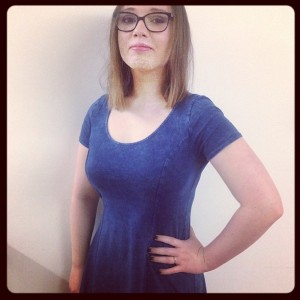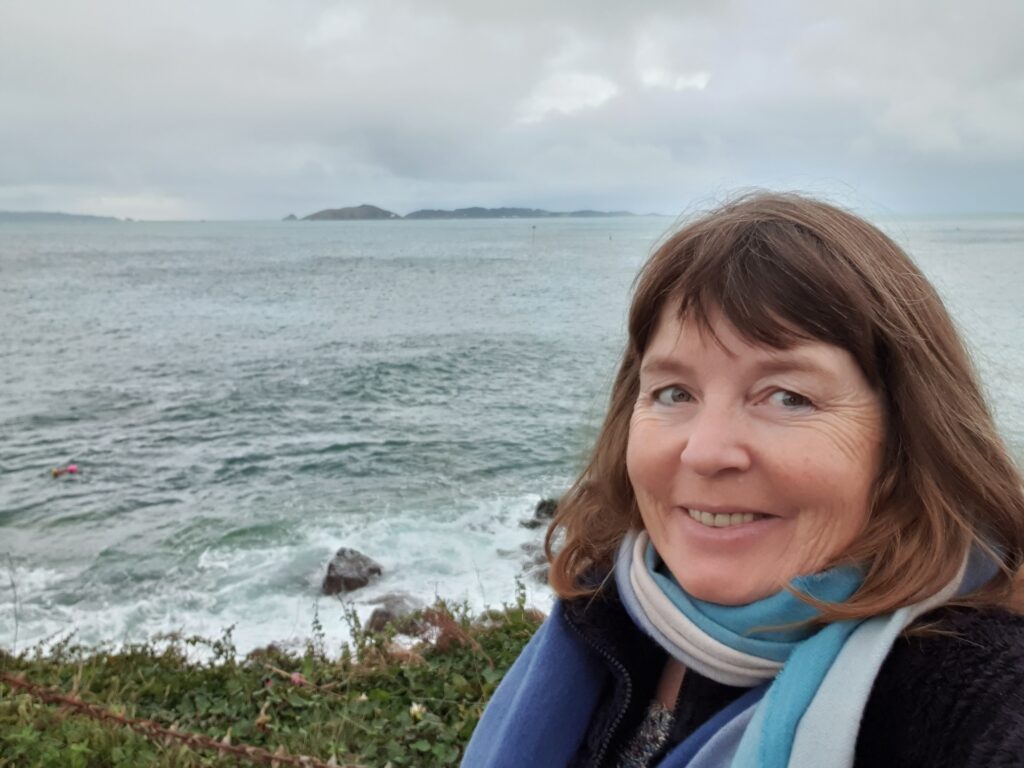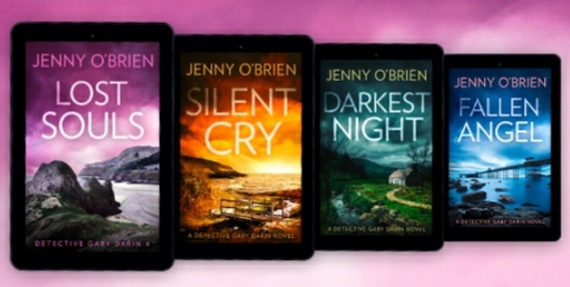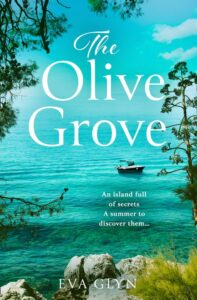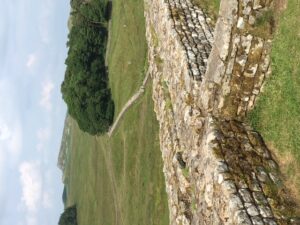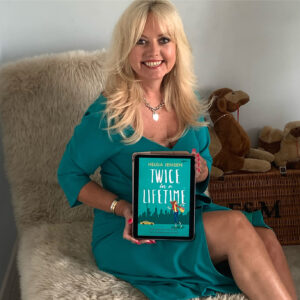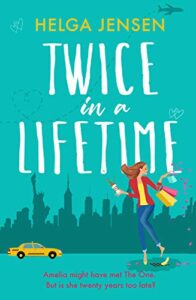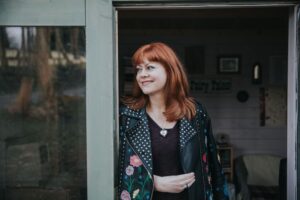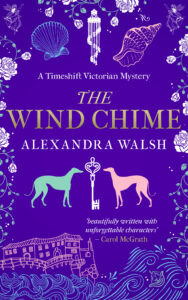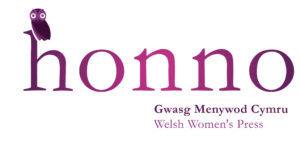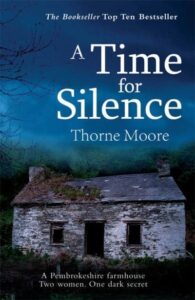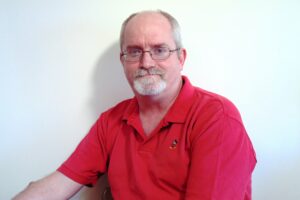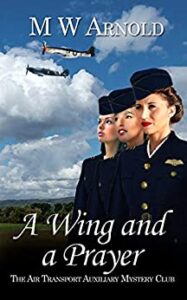‘Rebecca’ by Daphne du Maurier: My mum gave me this book when I was about 15.
As a shy, gauche teenager I identified with the second Mrs de Winter. Her story taught me to not always take situations or people at face value, that being shy is not a sign of weakness, not to compare myself to others and to be true to myself.
‘Bridget Jones’s Diary’ by Helen Fielding: Like Bridget, I used to want to be in a meaningful relationship, but would fall for the wrong guys. I eventually learned that I deserved better, to have self-respect and to stop putting up with bad behaviour – just as Bridget did. I too can be clumsy and say the wrong thing at the wrong time. Bridget taught me to laugh at myself and that I’m okay just as I am.
‘The Understudy’ by David Nicholls: I was drawn to this book as I have been an understudy many (too many!) times. Though fiction, the authenticity of the narrative made me wonder if the writer was, or had been an actor. I was right, and it is his personal story which inspired me to take my writing more seriously and to aim high. As an actor you’re dependent on someone hiring you. You have no control. As a writer you produce your own work. It’s rewarding to be part of something you have created. I have ‘The Understudy’ to thank for leading me to David Nicholls, who set me on an alternative and more enriching creative path.
‘The Curious Incident of the Dog in the Night-time’ by Mark Haddon: This book had a huge effect on me. The story is told through the eyes of 15-year-old Christopher, whose inability to tell lies, social awkwardness and logical take on the world give you an insight into being on the autistic spectrum and the effect it has on those around you. I could identify with some of Christopher’s thoughts, such as: “I find people confusing” and “I want my name to mean me.” Christopher’s story gave me an appreciation of how being “different” brings its own special gifts and should be celebrated. I was lucky enough to be involved in the London stage production. I was lucky enough to be involved in the London stage production.
‘Big Magic’ by Elizabeth Gilbert: “The universe buries strange jewels deep within us all, and then stands back to see if we can find them.” When I was writing my first novel there was an annoying voice whispering in my ear that it was a waste of time. Who did I think I was? JK Rowling? ‘Big Magic’ taught me to believe in myself and not let fear stand in my way. Thanks to this book, I have learned to live alongside fear so I may strive to be better, but not let it control my mind. This has helped me in my acting career too. I still suffer occasionally from ‘Imposter Syndrome’, but dipping into this book gives me a dose of self-belief and puts me back on the right track.
♥

